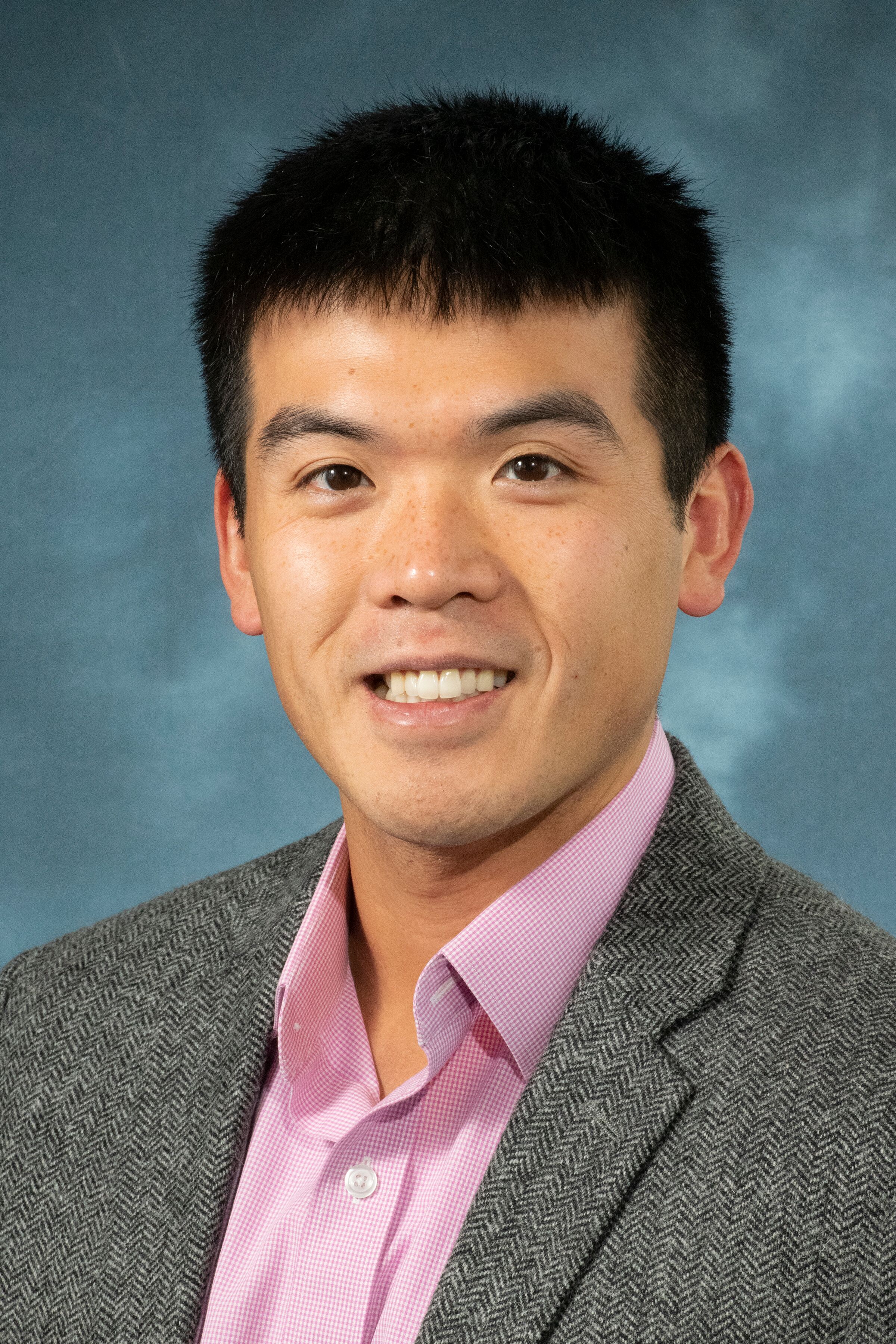Meet the Councilor | JiaDe 'Jeff' Yu, MD
He has been the nimble lead organizer for the IEC's educational symposium at WCD in Singapore this year. In addition to the IEC, he is actively involved in the American Contact Dermatitis Society, the Society of Pediatric Dermatology, Pediatric Dermatology Research Alliance, and the American Academy of Dermatology. He has published multiple peer-reviewed journal articles. In addition to his work as a clinician, he is an assistant professor at Harvard Medical School. What is your proudest accomplishment in the atopic dermatitis (AD) space to date?Children with atopic dermatitis are often overlooked for evaluation for allergic contact dermatitis since both conditions can present similarly. With the support of the Dermatology Foundation, I have created a multicenter, prospective pediatric allergic contact dermatitis registry in which children who have been patch tested are logged along with their patch test reaction and atopy status. Using data from this registry, we can show that children with atopic dermatitis are at high risk of developing allergic contact dermatitis due to exposure to various allergens in moisturizers, topical medicaments, and cleansing products. Bringing attention to the importance of evaluating children with atopic dermatitis for allergic contact dermatitis has been an important mission and accomplishment for me. What do you value most about being involved with the IEC?The opportunity to meet and work with the superb network of councilors and associates within the IEC is unparalleled. I also enjoy attending IEC events where we hear and learn from leaders in atopic dermatitis from not just your own country but from around the world to gain a broader perspective. What do you think will garner the most attention over the coming year in the AD field?The further development of topical and systemic biologics for the treatment of atopic dermatitis will continue to garner the most attention in years to come. Since children have the highest prevalence of AD, treatments that are kid-friendly (painless with low side effect profile) and effective will be sought after and have the most fanfare when released. What do you see as the biggest need among AD patients?Better understanding of whether early treatment of AD can prevent the development of future atopic diseases including asthma, food allergies, and hay fever. Also whether interventions early in life or by the expectant mother can alter the risk of developing AD in the child. |

 Dr. Yu is a board-certified dermatologist and fellowship-trained pediatric dermatologist specializing in allergic contact dermatitis and occupational dermatitis in adults and children in Boston, MA, USA. His other clinical interests include eczema, complex inherited genetic skin conditions (genodermatoses), and the full spectrum of pediatric dermatology.
Dr. Yu is a board-certified dermatologist and fellowship-trained pediatric dermatologist specializing in allergic contact dermatitis and occupational dermatitis in adults and children in Boston, MA, USA. His other clinical interests include eczema, complex inherited genetic skin conditions (genodermatoses), and the full spectrum of pediatric dermatology.